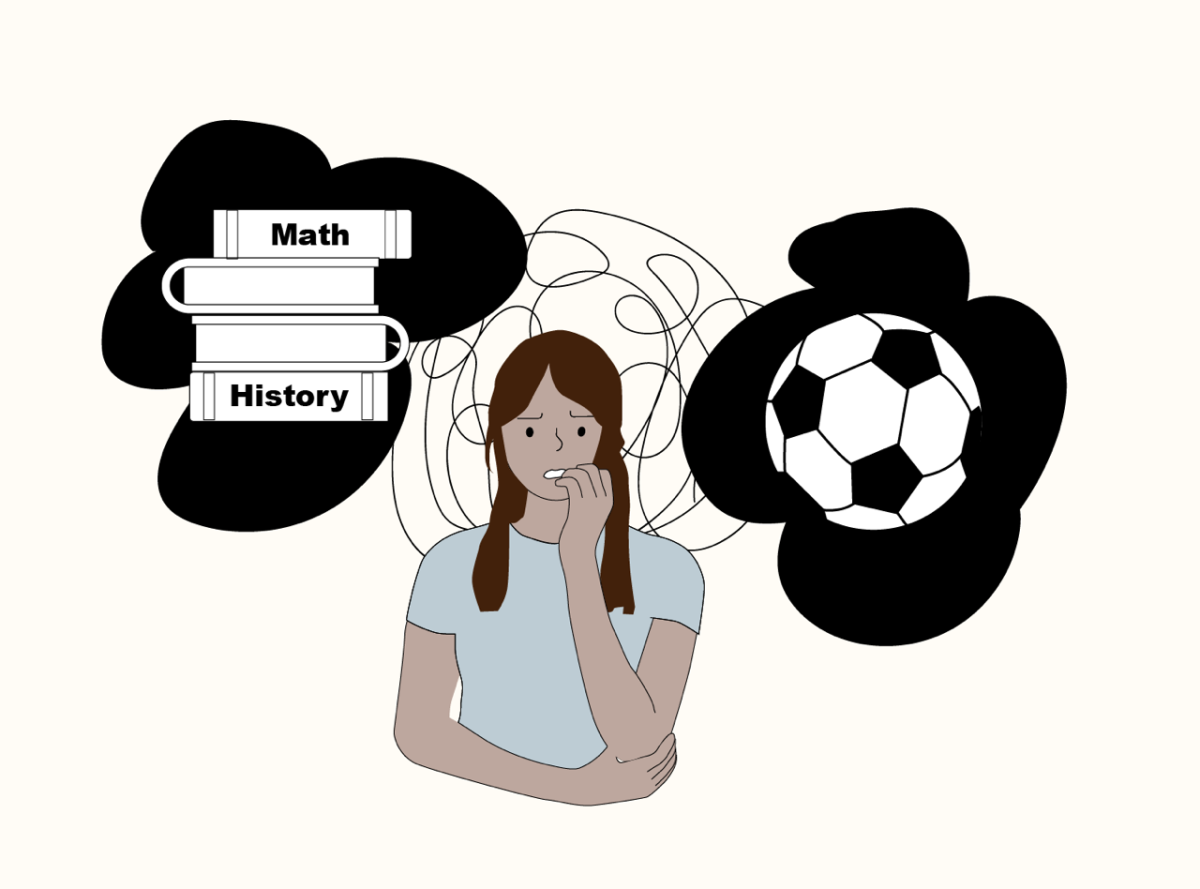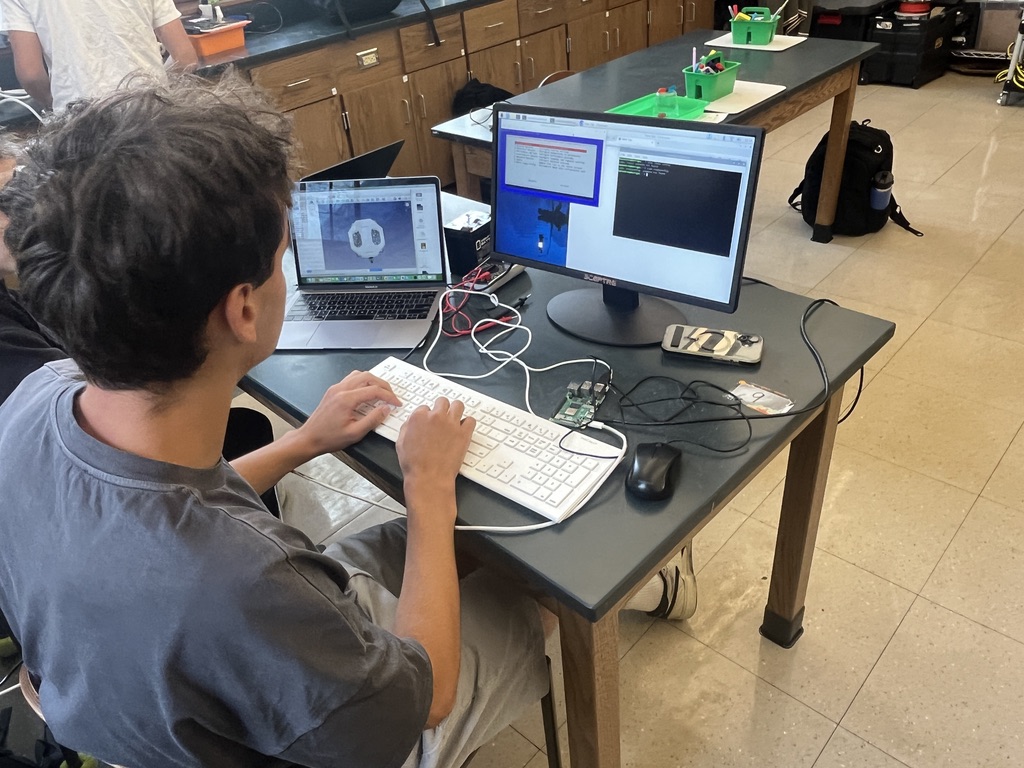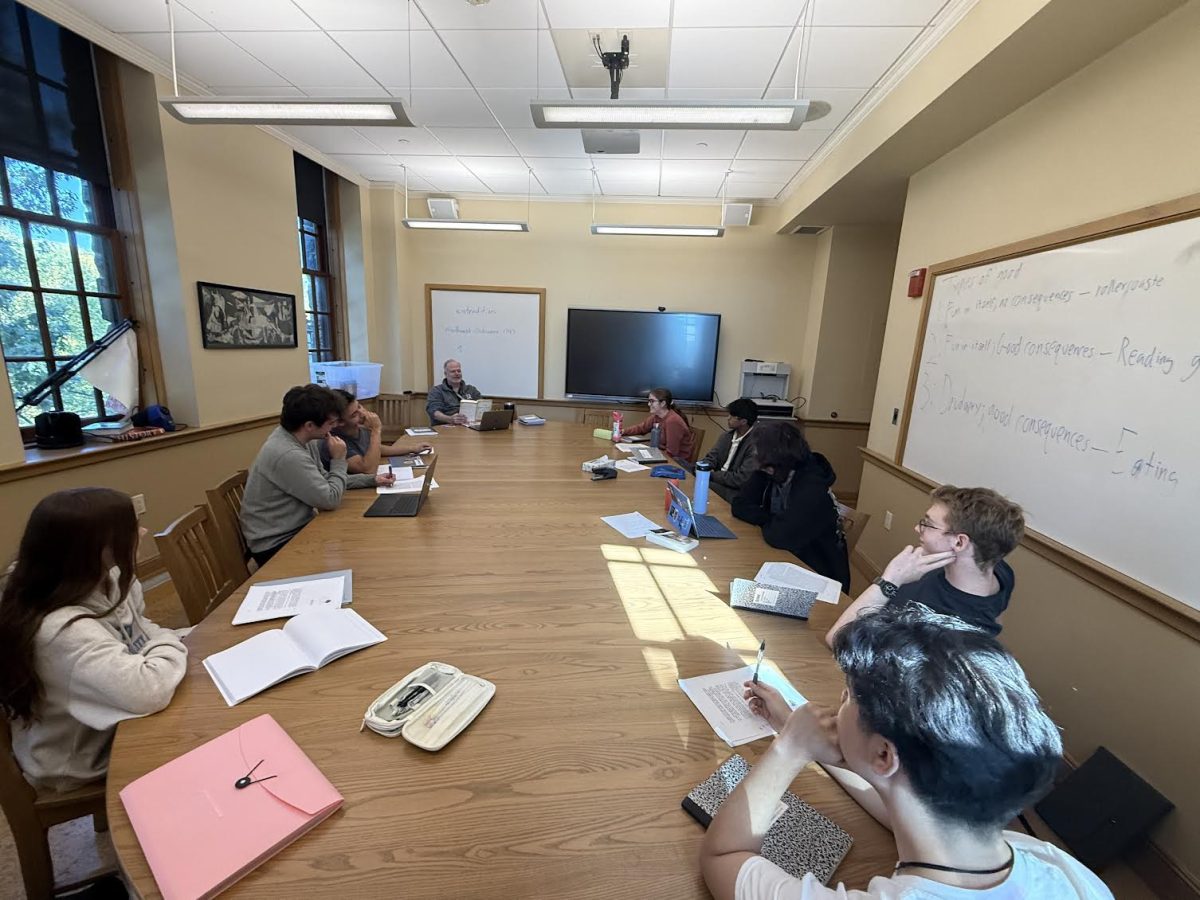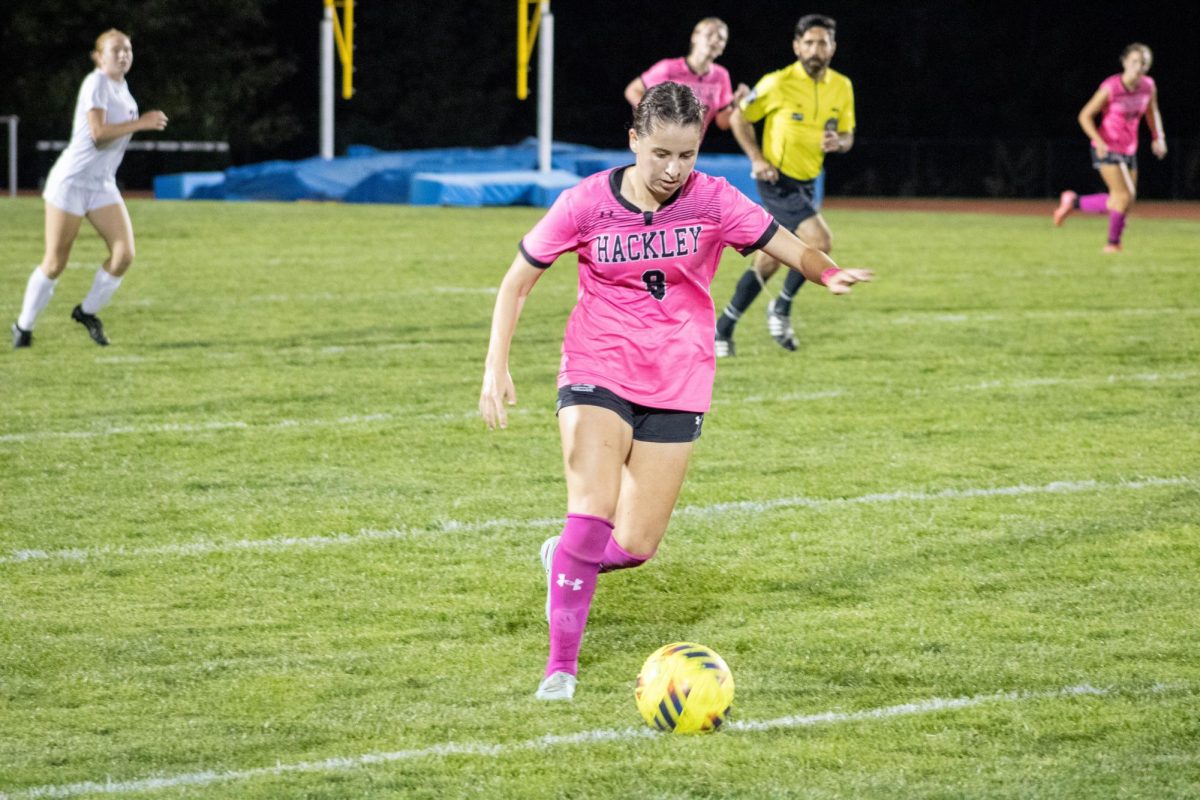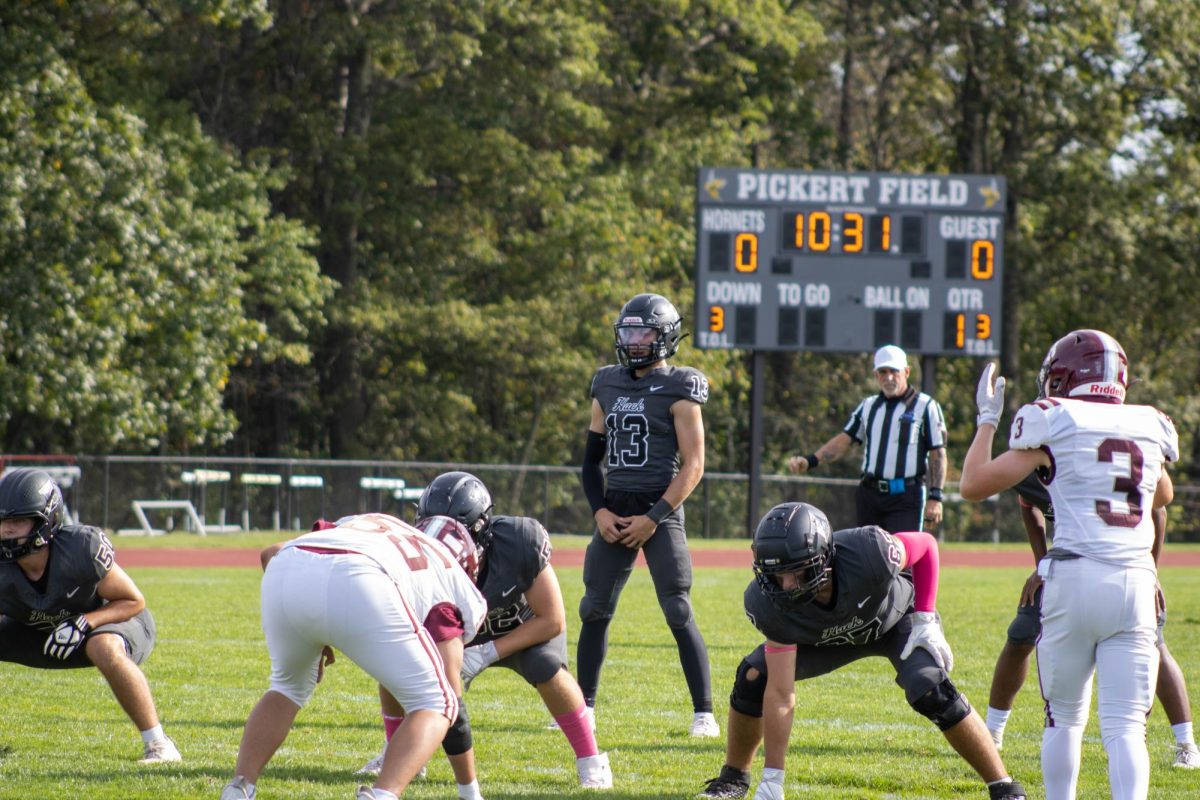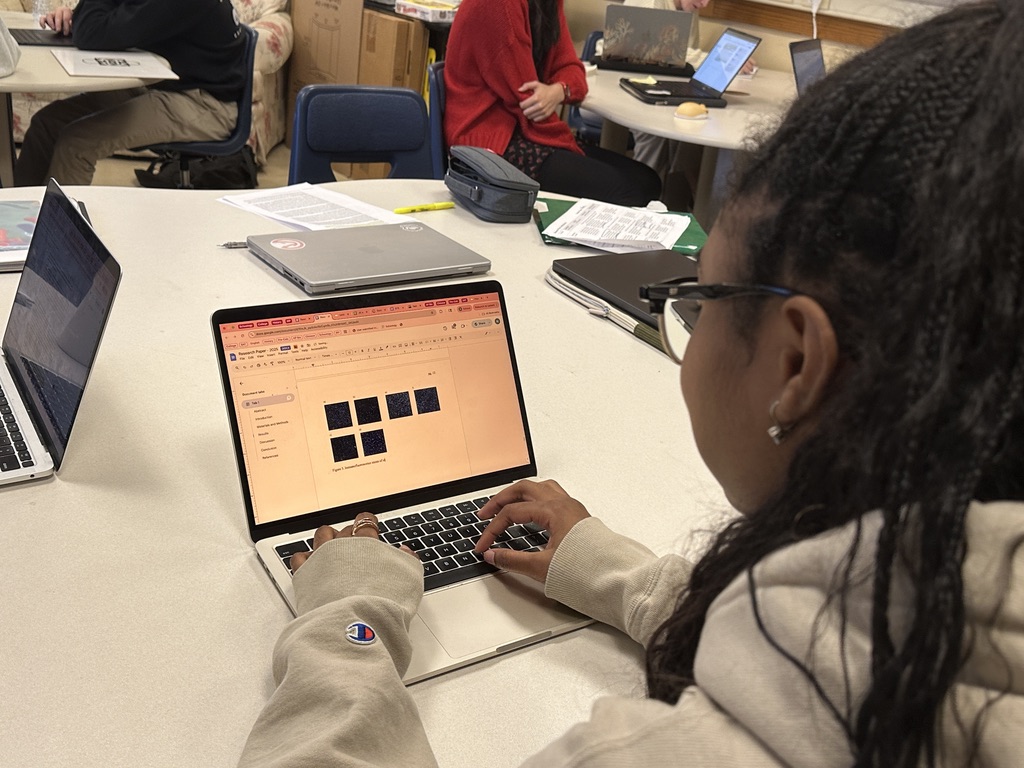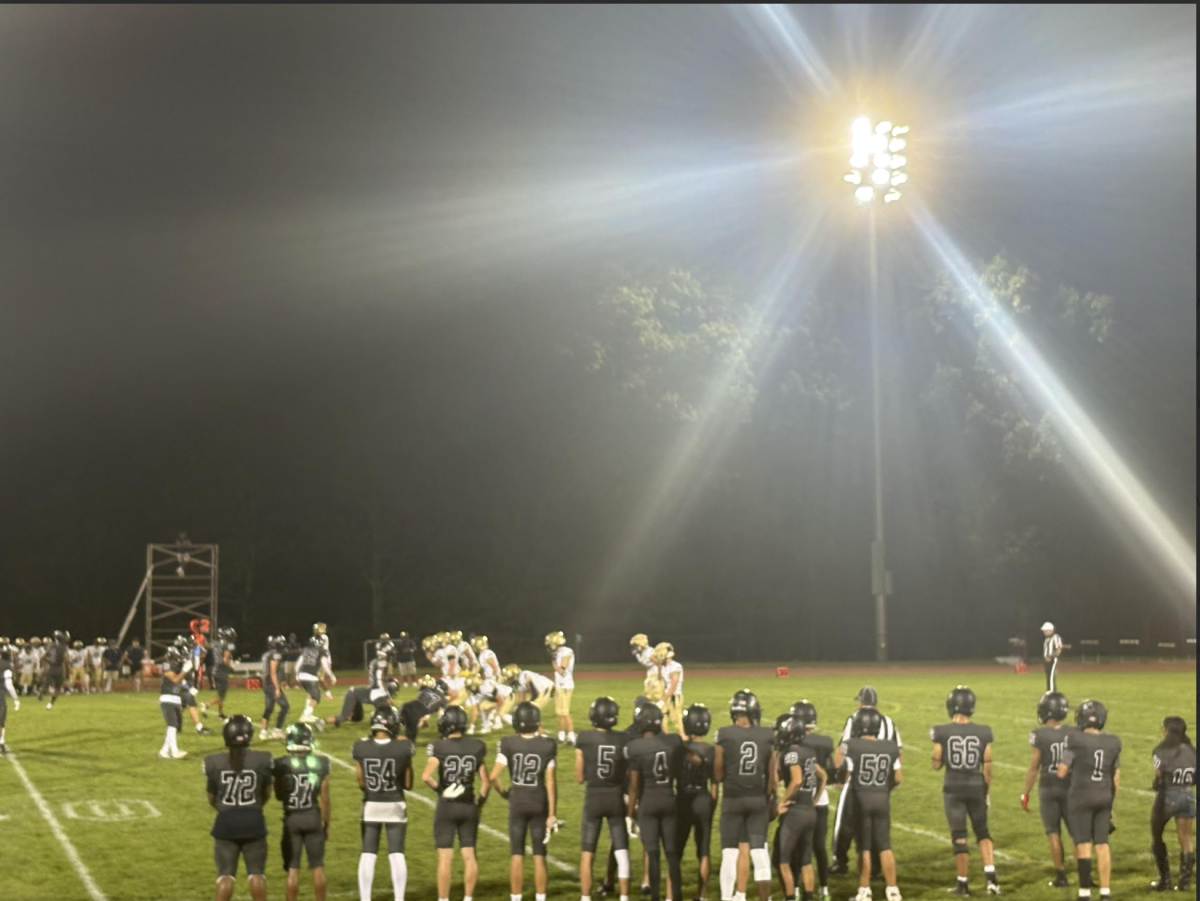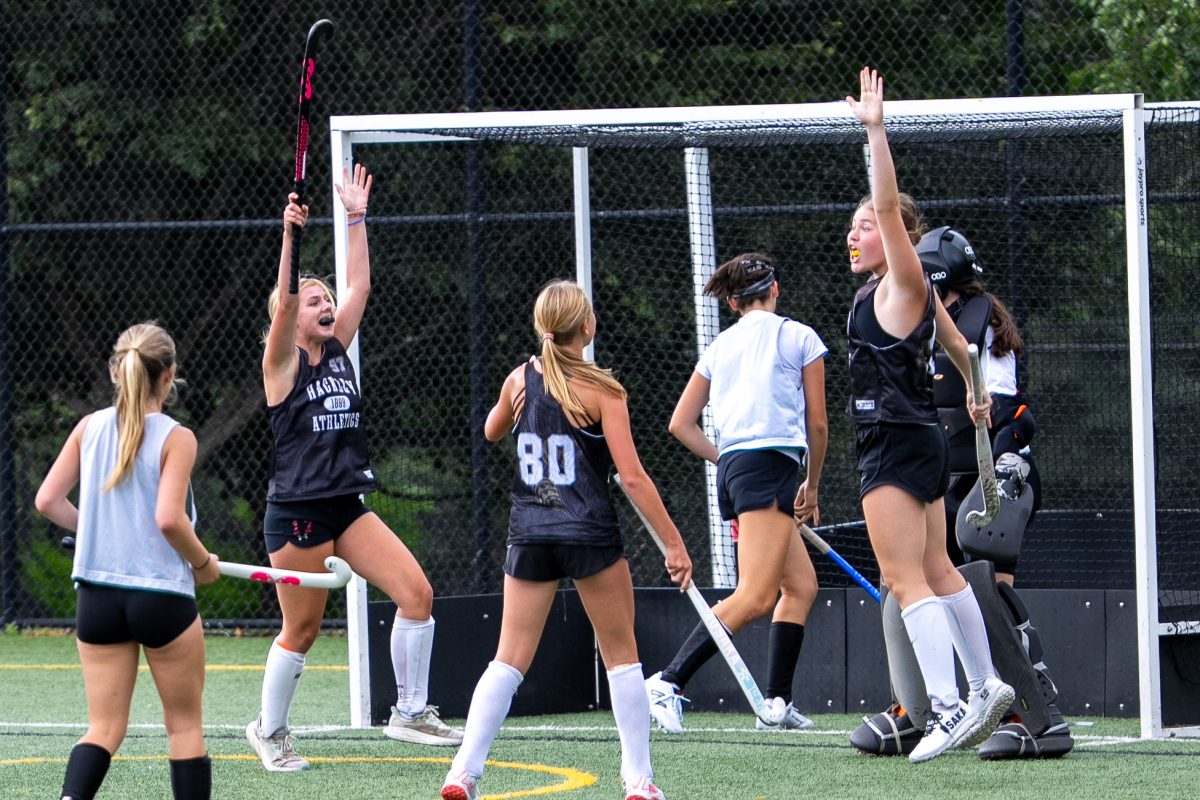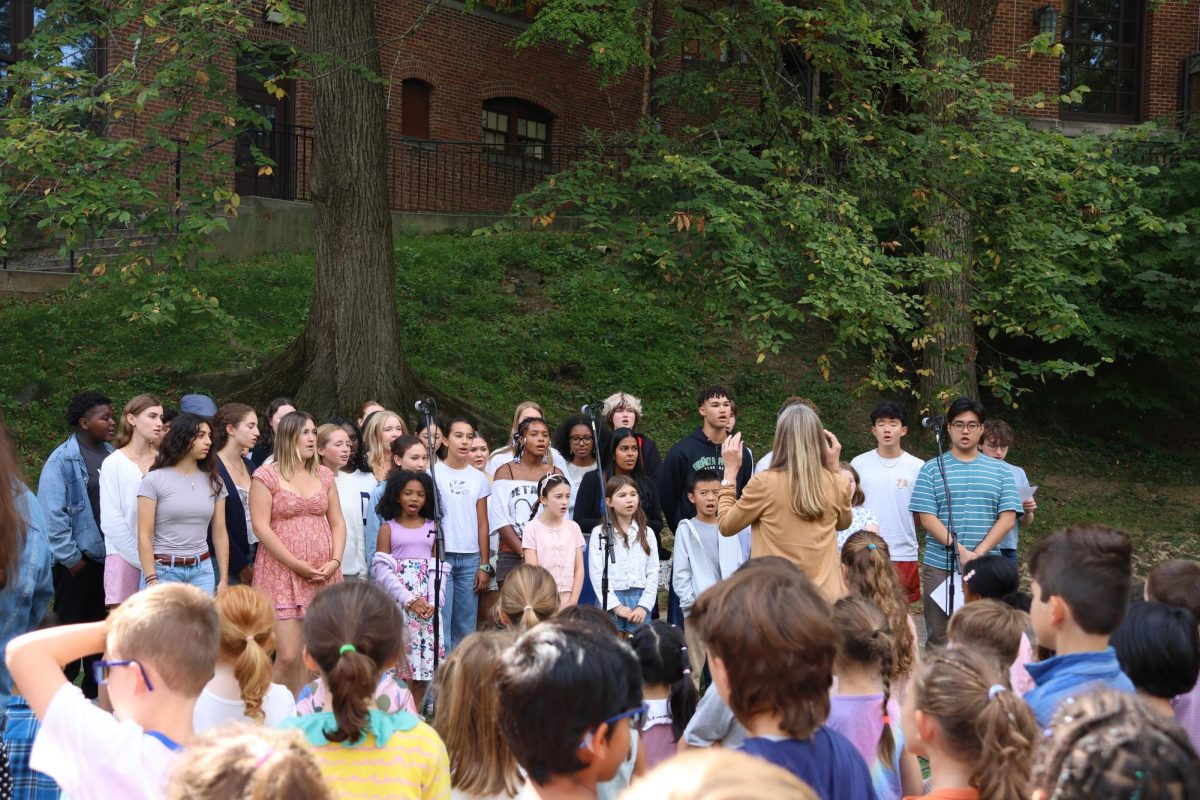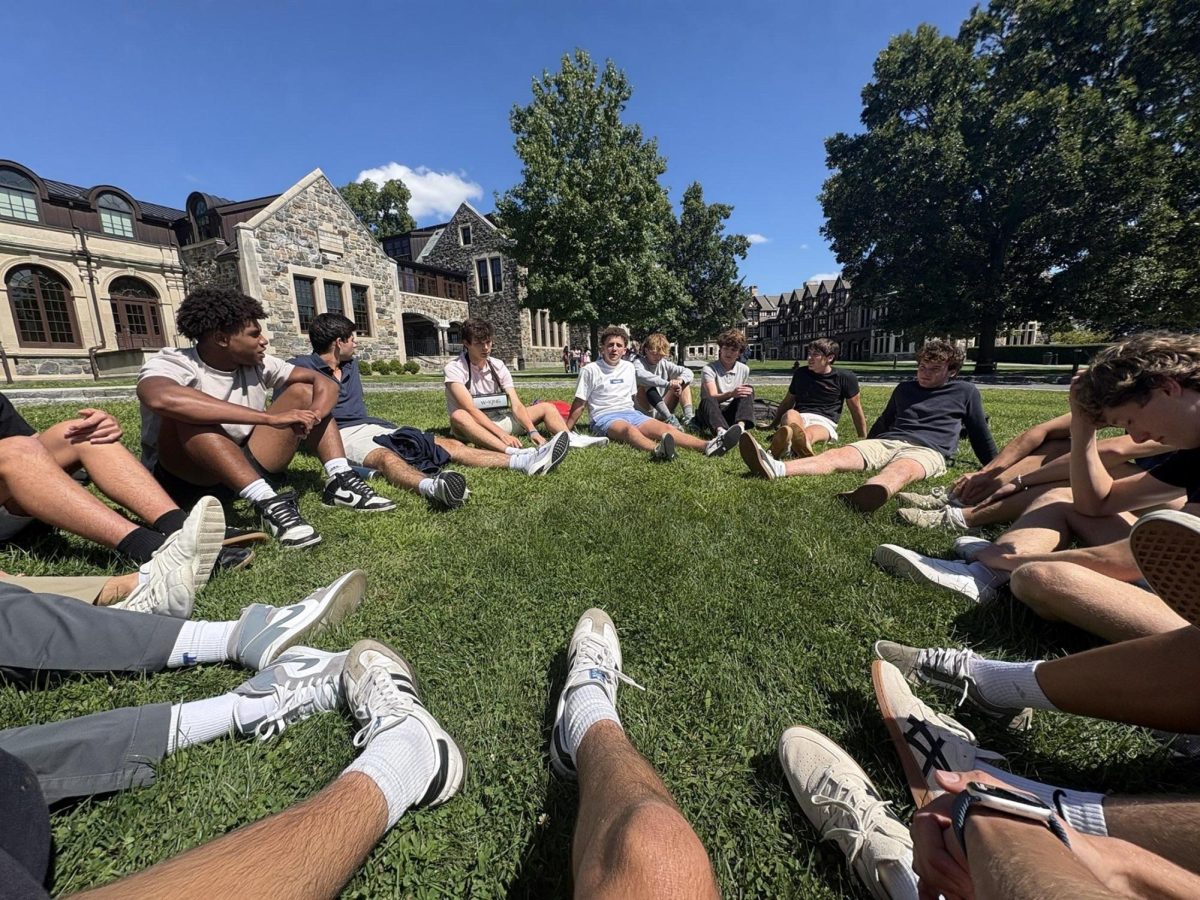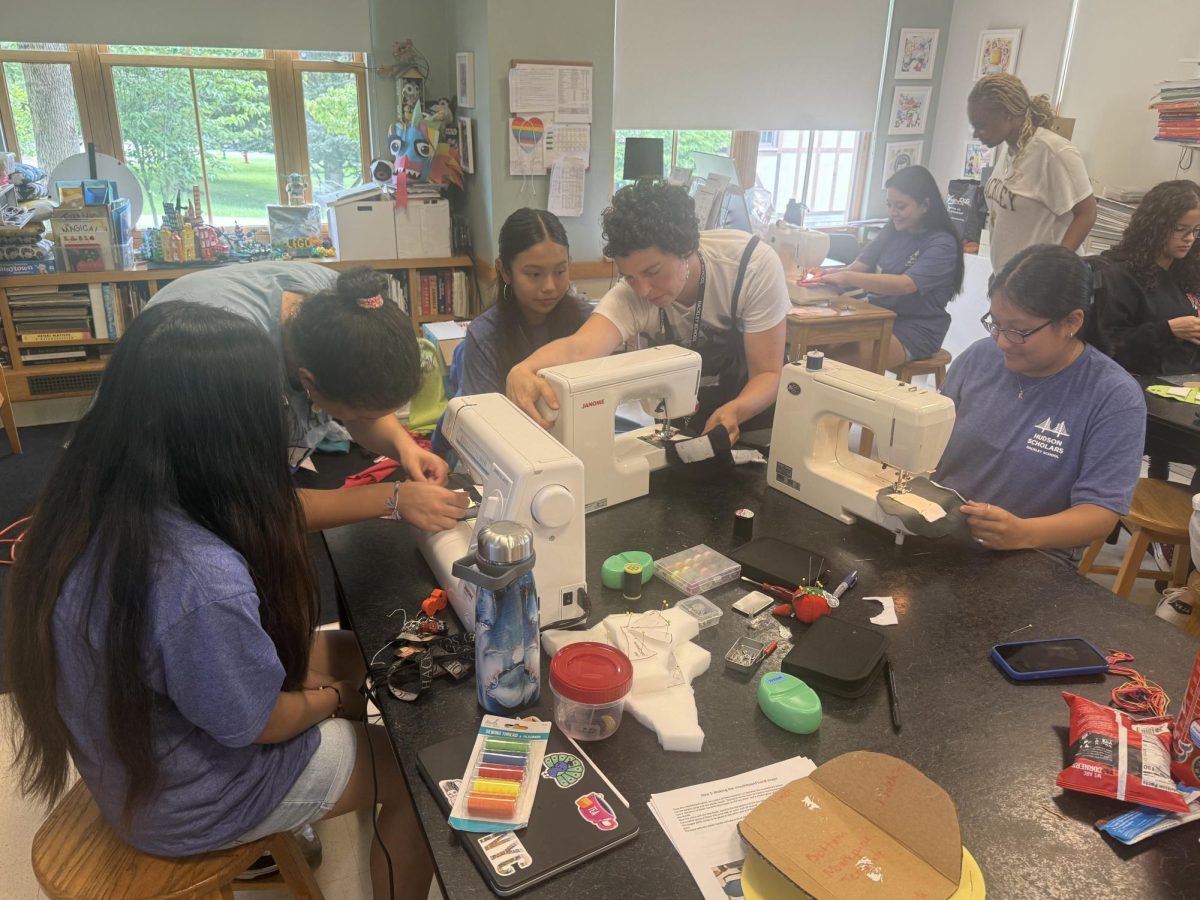When school ends, sophomore Leila Ibrahim’s day has just begun. She’s a part of the varsity swim team, rides horses, plays viola, and runs the equestrian club. Alongside this, she takes advanced classes, such as the Independent Research Program (IRP), AP (Advanced Placement) Spanish, accelerated chemistry, and accelerated precalculus. During her eight-day schedule at school, she has only four free periods, leaving little time to complete her homework, especially with her many commitments after school.
“It’s difficult managing my classes and doing my homework while also doing extracurriculars that take up a lot of my time and energy,” Leila said.
After a student’s last class of the day, their day isn’t over, as they must rush to their extracurricular activities. Extracurriculars have become a huge part of students’ schedules. From sports to drama, art, debate, volunteering opportunities, and many more, these activities offer students the opportunity to broaden their horizons and explore their interests while simultaneously boosting their resumes. However, as students face growing academic demands, balancing extracurricular commitments with school work becomes more and more difficult, creating stressful situations that can negatively affect their mental health.
This is an increasingly common problem for many students, as eighty percent of students from age 12 to 17 nationwide are involved in at least one extracurricular activity, with the majority of students partaking in three to four activities.
Despite being time-consuming, extracurriculars are also great ways for students to explore their interests, leading an increased amount of students to engage in a variety of activities in recent years. However, students have also turned to extracurriculars to boost their resumes for college admissions and make them seem more well-rounded, especially as the college admissions process has become more competitive.
“Most people I know participate in extracurriculars to help build their resume. It doesn’t mean they’re not interested in what they’re doing, but I think their overall goal is to get into college,” junior Zara Nahim said.
This is mostly because admissions officers prioritize students with leadership experience, volunteer hours, or commitment to a particular activity. This creates a phenomenon called “admission prep,” where students take on leadership roles or high-visibility extracurriculars not out of passion but as a strategic move for college applications.
This and the competitiveness of college admissions lead students to feel like they are expected to be “well-rounded,” often causing them to cram their schedules with unnecessary extracurriculars. This only takes up more of a student’s time, creating more pressure to try and find time for schoolwork and free time.
Despite the benefits extracurriculars provide, excessive involvement in them has been shown to contribute to significant stress. It was found that adolescents who participate in multiple extracurriculars report higher levels of stress, leading to burnout. The pressures students face to excel in these activities, along with the desire to meet expectations from parents, teachers, and peers can often become overwhelming, leading to academic decline.
The time required for extracurriculars can often infringe on time for homework, leading students to go to sleep later. A high school student needs nine to ten hours of sleep to support a teenager’s cognitive brain development. For Hackley students, the average is seven hours of sleep a night, as most students go to bed past 11 p.m. This sleep deprivation leads to a concentration of difficulties, shortened attention span, memory impairment, poor decision-making, depression, and reduced academic and athletic performance.
As a result, many students experience burnout, which leads them to struggle with their academic performance and lose interest in many activities; activities that were supposed to be fun and enriching quickly become a source of stress.
Extracurriculars are extremely important because they give students an opportunity to explore and engage in more than just schoolwork. However, it’s important to not over schedule activities and to prioritize balance to leave time for yourself and ensure that something meant to help you and your academics are not harming it.
The Stress of Success
The negative effects of extracurriculars
Credit: Lucia Marucci
1
More to Discover

